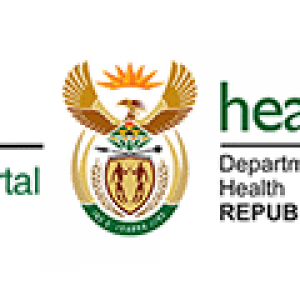
Human Coronaviruses are common throughout the world. There are many different coronaviruses identified in animals but only a small number of these can cause disease in humans.
On 7 January 2020, ‘Severe Acute Respiratory Syndrome Coronavirus 2’ (SARS-CoV-2) was confirmed as the causative agent of ‘Coronavirus Disease 2019’ or COVID-19. The majority of the case-patients initially identified were dealers and vendors at a seafood, poultry and live wildlife market in China. Since then, the virus has spread to more than 100 countries, including South Africa.
Who is most at risk?
Currently, travellers to areas where there is ongoing sustained transmission of COVID-19 including Mainland China (all provinces), Hong Kong, Japan, Republic of Korea, Singapore, Vietnam, Taiwan, Italy and the Islamic Republic of Iran are at greatest risk of infection.
Furthermore, the elderly, individuals with co-morbidities and healthcare workers have been found to be at a higher risk of death.
How is it transmitted?
While the first cases probably involved exposure to an animal source, the virus now seems to be spreading from person-to-person.
The spread of the disease is thought to happen mainly via respiratory droplets produced when an infected person coughs or sneezes, similar to how influenza and other respiratory pathogens spread. Thus far, the majority of cases have occurred in people with close physical contact to cases and healthcare workers caring for patients with COVID-19.
What are the symptoms of COVID-19?
Current symptoms reported for patients with COVID-19 have included mild to severe respiratory illness with cough, sore throat, shortness of breath or fever.
The complete clinical picture with regard to COVID-19 is still not fully clear. Reported illnesses have ranged from infected people with little to no symptoms to people being severely ill and dying.
How is COVID-19 treated?
Treatment is supportive (providing oxygen for patients with shortness of breath or treating a fever, for example). To date, there is no specific antiviral treatment available. Antibiotics do not treat viral infections. However, antibiotics may be required if a bacterial secondary infection develops.
How can you prevent infection?
The following can provide protection against infection from Coronaviruses and many other viruses that are more common in South Africa:
- Wash your hands often with soap and water for at least 20 seconds. If soap and water are not available, use an alcohol-based hand sanitiser.
- Avoid touching your eyes, nose, and mouth with unwashed hands.
- Avoid close contact with people who are sick.
- Stay at home when you are sick and try and keep a distance from others at home.
- Cover your cough or sneeze with a flexed elbow or a tissue, then throw the tissue in the bin.
- Clean and disinfect frequently touched objects and surfaces.
What we are doing in South Africa?
Fever screenings are in place at international airports. If there is a suspected case, procedures are in place for case isolation as well as rapid specimen collection and transport so that the diagnosis can quickly be made. Suspected cases will be managed at designated hospitals with isolation facilities. Protocols are in place for follow up of case contacts to ensure that the virus does not spread.
INFO SOURCED FROM GOVERNMENT WEBSITE.

